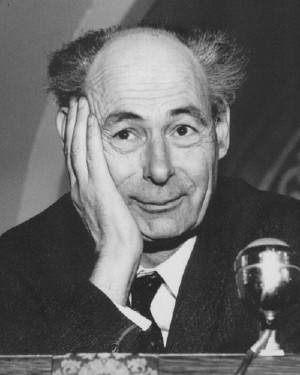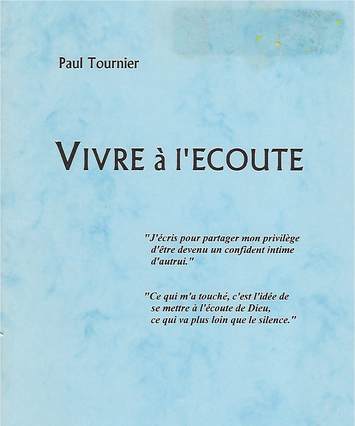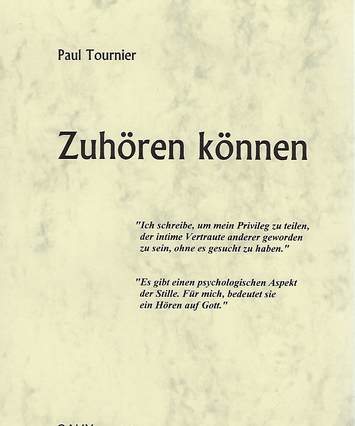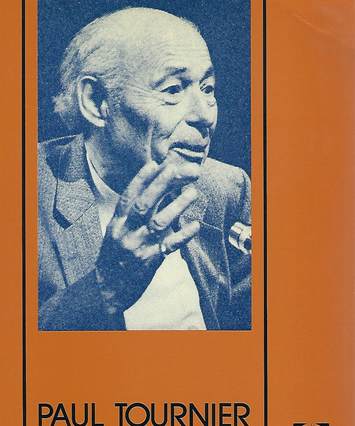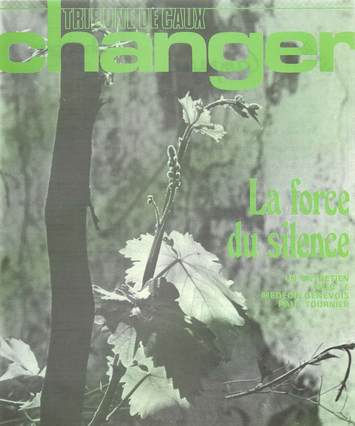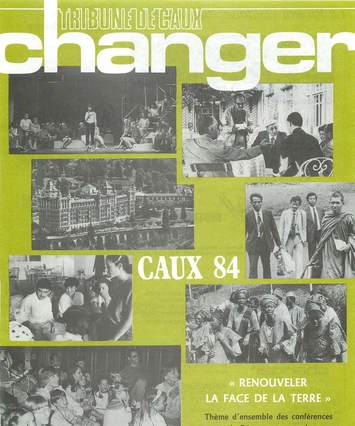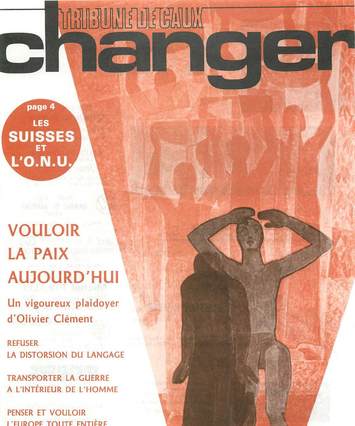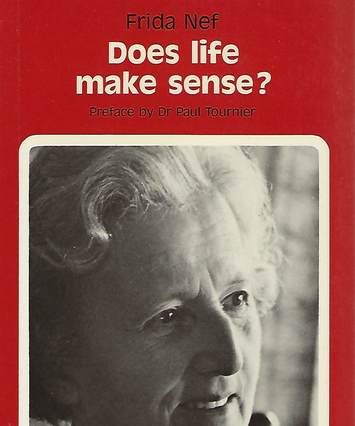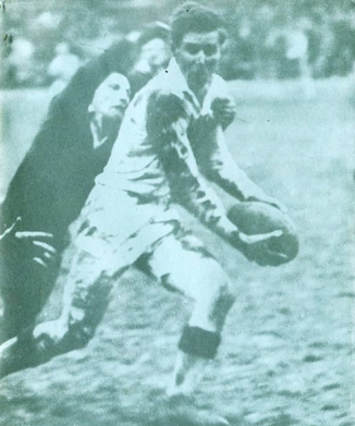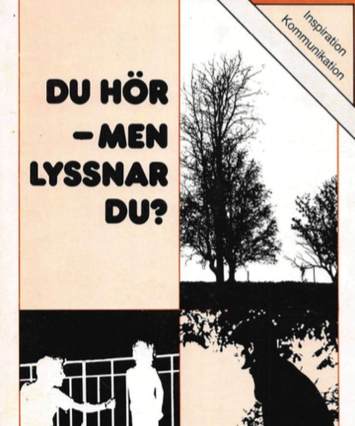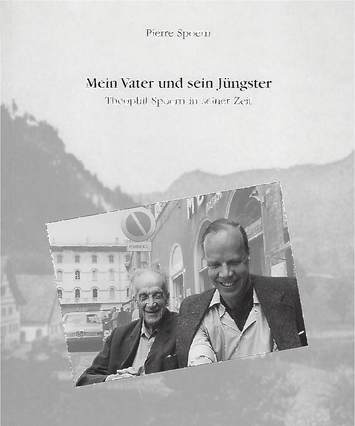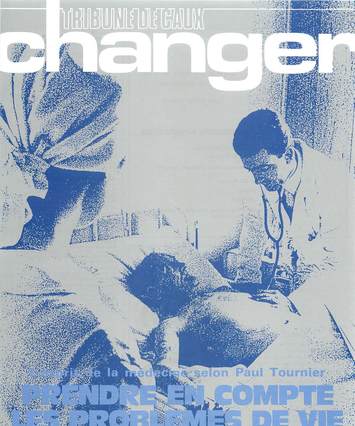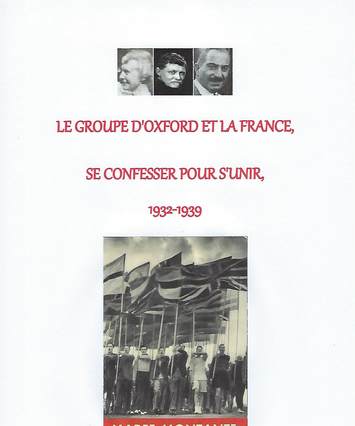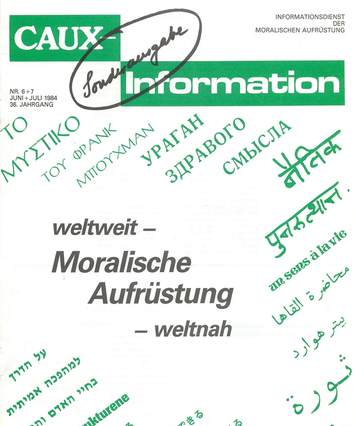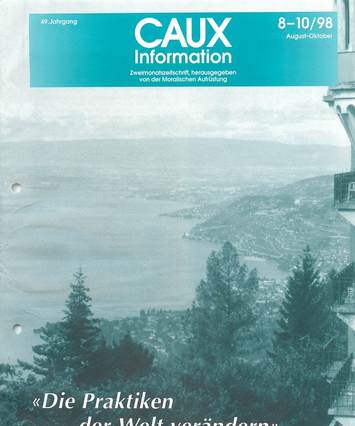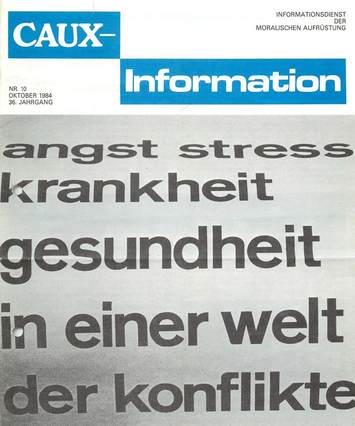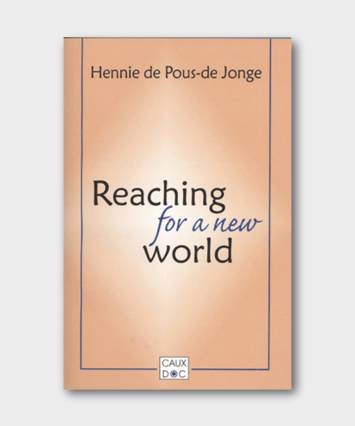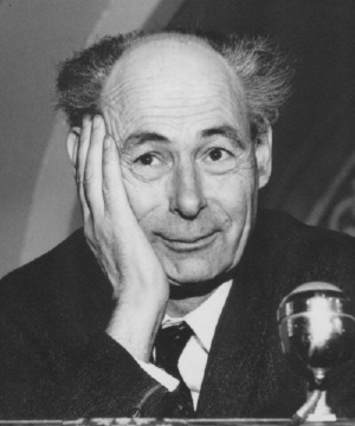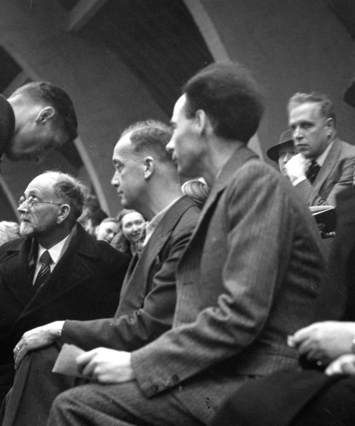Paul Tournier (12 May 1898 – 7 October 1986) was a Swiss physician and author who had acquired a worldwide audience for his work in pastoral counselling. His ideas had a significant impact on the spiritual and psychosocial aspects of routine patient care, and he has been called the twentieth century's most famous Christian physician.
Tournier was born in Geneva, Switzerland. He lost both his parents very young, and this painful experience had a profound effect on Tournier. He withdrew into himself and became lonely and shy. In 1923 Tournier received an M.D. degree at the University of Geneva. During his student years he acted as the Swiss president of the student movement Zofingia and became a Red Cross delegate for the repatriation of Austrian and Russian prisoners of war in Vienna.
In 1925 Tournier opened a private practice in Geneva and started operating as general medical practitioner. Tournier became increasingly interested in Calvinism and the Reformed faith, and was heavily involved in civic and medical groups. In 1932 he joined the Oxford Group. As a result of his interests he investigated the relationship between medicine, counselling, and spiritual values. Although he initially considered giving up medicine for counselling, he finally decided to combine the two, and in 1937 he transformed his private medical practice into a counselling practice.
In 1940 he published his first book Médecine de la Personne (trans. The Healing of Persons), which was dedicated to Frank Buchman, the founder of the Oxford Group. He held that man is more than just body and a mind, he is also a spiritual being. This combination is what makes man a person. Therefore, it is impossible to know and treat him if one disregards his deepest reality. After the success of Médecine de la Personne he became a prolific writer of books dealing with the subject. Although he did not have any formal training in psychiatry or theology, his writing has influenced a generation of medical and religious professionals the world over. His books would eventually be translated into thirteen languages. Around 1946 he disassociated himself from the Oxford Group (now called Moral Re-Armament). He would eventually (in 1982) reconcile with the group (renamed again as Initiatives of Change).

